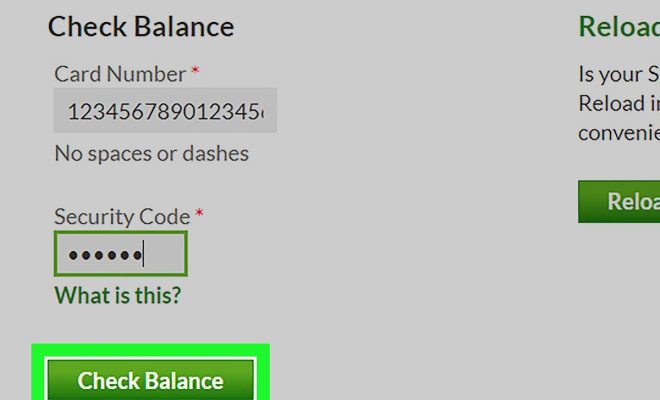How to Evaluate Essay Writing

Introduction
Evaluating essay writing is an essential skill for students, educators, and professionals alike. Whether it’s reviewing a student’s work or assessing your own writing, understanding how to effectively critique an essay will lead to clearer and more meaningful communication. This article guides you through the process of evaluating essay writing by providing practical tips and insights.
1. Read The Entire Essay
First and foremost, read the entire essay from beginning to end without making any notes. This initial reading gives you an overall impression of the writer’s argument, style, and organization. Take note of any sections that seem unclear or confusing. Afterward, read through the essay again, this time more carefully and critically.
2. Check for Clarity
Assess whether the writer effectively communicated their ideas with clarity. This means checking if the introduction states a specific thesis or purpose and if each paragraph clearly supports that overall argument. Look for clearly defined topics within paragraphs, smooth transitions between sections, and concise sentences.
3. Analyze The Argument
Evaluate the quality of the argument presented in the essay by examining its logic, evidence-based support, and persuasiveness. Make sure the writer understands counterarguments and addresses them effectively. Note whether any inconsistencies or logical fallacies exist that weaken their position.
4. Examine The Structure
An essay should have a clear structure consisting of an introduction, body paragraphs, and conclusion. Determine if these components are well-organized and if they contribute cohesively to the overall flow of ideas. Check if there is a clear connection between each paragraph’s topic sentence and its supporting sentences.
5. Assess Language and Tone
Review the language used by the writer throughout the essay – is it appropriate for their intended audience? Examine whether their word choice exhibits precision in expressing ideas clearly without ambiguity or redundancy. Also, check whether the tone remains consistent with either a formal or informal approach.
6. Look for Proper Citations
When evaluating an essay that uses research or outside sources, make sure the writer properly cites their sources. Look for consistent use of a citation style (such as APA, MLA, or Chicago), and verify that all sources are accurate and reputable.
7. Identify Grammar and Spelling Errors
Proofread the essay for any grammar, spelling, punctuation, or syntax errors that could diminish its readability and credibility. Review each sentence for proper subject-verb agreement, tense consistency, and correct use of pronouns.
8. Give Constructive Feedback
While evaluating the essay is important, providing constructive feedback to the writer is equally essential. Highlight strengths and weaknesses in their argument and provide suggestions for improvement in terms of organization, clarity, sourcing, and language.
Conclusion
Mastering the art of evaluating essay writing is a valuable skill that requires careful attention to detail and practice. By following these eight steps, you can more effectively assess the quality of written work – whether it’s an essay from a student or one you’ve composed yourself. Providing thoughtful critique fosters growth in critical thinking and communication skills, leading to overall improvement in writing proficiency.


